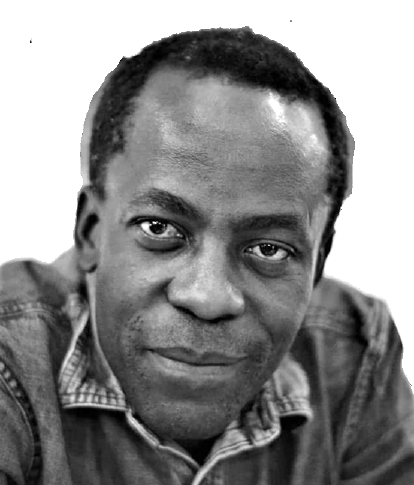With some of my friends, for the past eight Decembers, I have been co-organising the week-long Leicester Human Rights Arts and Film Festival. We believe that festivals and the arts have an important role to play in creating, maintaining and defending a culture of human rights.
Through its seven days of poetry, music, performances, film, art, talks and discussion, the festival creates a forum for engaging with human rights issues at home and abroad.
With the support of local musicians and venues, we also organise ‘Music without Borders’ and ‘Metal without Borders’, two festivals-within-a-festival. They have different participants and audiences, but they both raise funds for groups that support people looking for refuge.
Films we have screened include Postcards from the 48%, directed by David Wilkinson.
The film allows us to hear the voices of a range of people who voted Remain in the referendum that led to Brexit.
Oksijan, a short film by writer and director, Edward Watts, tells the story of how, in April 2016, a seven-year-old boy saved the lives of 15 people.
They were found trapped in the back of a sealed lorry in Leicester Forest East service station, at risk of suffocating.
The 15 had stowed away on the lorry in France because that was one of very few ways through which they could seek refuge in Britain.
Another film, Broken Chords Can Sing A Little – Episode 1: The Birds, directed by Isabel Lima, explores the experience of displacement of a group of Middlesbrough-based asylum-seekers against the backdrop of relevant governmental policies, news and public debates.
Festivals and the arts can give people the tools with which to engage with the social, political and economic environment they find themselves in.
‘Diversity and The City’, which takes place as part of the festival, brings together a range of individuals, groups and institutions and asks them to give their perspectives on what diversity means to them and the city.
In 2015, researchers from London School of Economics and Political Science (LSE) identified Narborough Road, in south-west Leicester, as the most diverse street in England. Events in the Diversity and The City series are often held at Westcotes library on Narborough Road.
In 2019, as part of the sixth festival, Diversity and The City asked people who would normally attend events in the series to, instead, write to or email their councillors and the mayor.
They were invited to ask their elected officials what the demographics of the city say about poverty, inequality, access or barriers to services, and (un)employment, among other things.
Participants were also encouraged to ask councillors and the mayor to declare the extent to which Leicester city council’s own employment and apprenticeship recruitment practices reflected the city’s demographics.
These questions are necessary even though Leicester is possibly the first city in Europe where no one group forms more than 51 percent of the population.
Black people, for example, are under-represented in employment to an extent that is of national significance. They are also the first to lose jobs when there is an economic downturn and the last to be hired when the economy improves.
In relation to people claiming Job Seekers Allowance, we found that, between January 2014 and January 2019, people from Black, Chinese and mixed heritage backgrounds were overrepresented in terms of claimants who were being subjected to sanctions by Job Centres.
Evidence also shows that racialised minorities are being disproportionately affected by the coronavirus pandemic, by policing and by the criminal justice system.
It is highly likely that, if anyone looks at the relevant datasets, similar patterns will be found in places like Birmingham, Bradford, Leeds, Liverpool, London, Manchester, and other places that have significant Black, Asian and ethnic minority populations.
The arts and festivals like the Leicester Human Rights Arts and Film Festival create spaces where questions such as these can be asked.
They can help turn places like Leicester into places that work for all.


